Ecommerce Operations Strategy
A successful online store operations strategy for an ecommerce business must account for a robust IT infrastructure that can handle the e commerce operation process of taking and fulfilling online orders, has established efficient domestic and global shipping, along with sufficient inventory to keep customers happy and to fuel new business.
It all starts with e commerce operations management built on a number of fundamental strengths including store presentation, order-taking, inventory management, and order fulfillment.
What is e-commerce strategy and what are the fundamentals?
- eCommerce operations must be run like any other retail store, and not as a hobby or side business.
- The business owner must find the right ecommerce platform that is secure, scalable, and has integrated marketing tools.
- As with any business, online stores must develop their brand and research their target demographic so they can successfully market their business to their core customers - which leads to more conversions.
- A key operations strategy process is to leverage the power of social media allowing your customers to be brand ambassadors with testimonials and review.
For example, consider the operation strategy of Amazon. The company is laser-focused on customer service and supply chain management. The way Amazon's website takes orders smoothly and gets them shipped quickly is an excellent operation strategy example.
The importance of operations strategy and its main benefit is to remove any friction between customers and stores. And the more you improve your ecommerce operations, you will find it easier to focus on supplying those products that sell faster and bring greater profit.
Ecommerce Strategy Frameworks and Examples
An ecommerce strategy framework is used to guide and plan for the customers you will be attracting to your ecommerce site. There are a number of types of e business strategies that can show you how to dominate e commerce. Partner with an ecommerce platform service provider that can produce successful e commerce strategies to build brand loyalty through unique and memorable shipment tracking and marketing.
You can improve the success of your ecommerce store when you build ecommerce strategy frameworks that includes useful content, powerful images, value-added products, social media engagement, video marketing, personalized messaging, and outbound product promotions.
Great examples of ecommerce sites with a strong operations strategy framework are those that continue to acquire new customers, engage those customers interests, and retains those same customers for repeat sales using a framework that may include the following:
- Product promotions to current customers
- Subscription-based frameworks
- Offer free shipping or other delivery options
- Create urgency sales (limited time or limited stock sales)
- Highlight reviews or customer ratings on the ecommerce site and in email marketing messages
- Offer exclusive items to exclusive customers to build loyalty
- Use visual styling and professional photography for social media branding
- Create an offline and/or in-store experience for online customers
- Optimize your product descriptions and website SEO
- Thoughtful post-purchase experience
Each of these strategies can be used to build an ecommerce framework that drives customers to your site and encourages them through to the end of the sales funnel.
Ecommerce Roles and Responsibilities
When listing your company's e-commerce operations jobs, your first hire may be the head of ecommerce operations. Various titles can be used for this role including ecommerce operations manager, ecommerce operations specialist or ecommerce operations coordinator. Create an ecommerce job description template that lists all the duties required to develop a strategy for your online store's order fulfillment, shipping, and inventory management needs and choose a title based on the level of seniority your organization needs. The ideal candidate should be experienced in the following:
- Retail operations and shipping logistics experience
- Able to analyze and interpret sales and customer data
- Proactive attitude that is sales-driven and results-oriented
- Excellent organizational and communication skills
An e-commerce manager job responsibilities include developing a strategy for the customers’ online and offline experiences. When you review an ecommerce operations manager resume look for someone who has shown proven performance to reach target sales metrics with a focus on attracting and converting customers. They should also have a business education that includes financial procedures, inventory management, and merchandising best practices.
Depending on the size of an ecommerce business, they will likely write and distribute job descriptions for multiple ecommerce roles and responsibilities, developing an ecommerce marketing specialist job description or ecommerce warehouse manager job description. This person may also be able to craft an ecommerce operations job description that better details their day to day activities and goals.
The ecommerce operations salary can range depending on the level of experience you're seeking as well as the size of merchants they've worked for before. The ecommerce operations salary is also dependent on the scope of their prior roles and the one they're applying for.
Best Ecommerce Operations Conferences
The eCommerce business community is very active, offering a number of ecommerce operations summit and operations conferences. These conferences include industry-leading speakers, ecommerce strategy sessions, networking, and entertainment.
These are must-attend events for networking and learning all about omnichannel success, mobile strategies, overcoming fulfillment challenges, and how to leverage new technologies. Attending ecommerce conferences are a great way to discover tactics to meet and exceed your customers’ growing expectations for seamless service at every touch point.
Here are some of the best ecommerce operations conference offerings worth looking into:
- ShopTalk
- NRF (National Retail Federation's annual event)
- IRCE, or the Internet Retailer Conference &Exhibition
- eTail West or eTail Boston
- Shopify Unite
- GROW NY and GROW LA
You will also find platforms like Shopify, Attentive, Gorgias, Recharge and more that offer regional events.
If you don't want to attend in-person conferences or want to augment your learning, here is a list of quality, online service providers that offer a wide range of ecommerce modules to get you started in managing and operating an ecommerce store:
Ecommerce Operations Online Courses:
Khan Academy
- Skillshare
- HubSpot Academy
- WordStream PPC University
- The Online Marketing Institute
And you can always visit us at Malomo to learn more about how you can engage your online customers with thoughtful post-purchase strategies. Check out our resources to find webinars, eBooks and more.
eCommerce Solutions: Finding the Perfect Platform for Your Startup or Scale-up
Starting an online store? Looking for the best e-commerce platform for startups to kickstart your entrepreneurial journey? We'll explore the top e-commerce solutions that cater specifically to startups based on e-commerce solutions reviews. Whether you're a budding entrepreneur or an established brand, finding the right ecommerce platform is crucial for your online success.
Here is the best e-commerce software list for startups that span across clothing brands, food and beverage, health and beauty, accessories and more:
Shopify: The Champion of E-Commerce Platforms
When it comes to e-commerce solutions, Shopify consistently tops the charts as the best ecommerce platform for startups. Known for its user-friendly interface, extensive app store, and powerful features, Shopify enables entrepreneurs to set up and manage their online stores with ease. Its drag-and-drop functionality allows you to create a visually appealing and customizable website without any coding knowledge. Moreover, Shopify offers a range of industry-focused themes and templates to help you showcase your products in the most compelling way.
Gorgias: Streamlining Customer Support
Excellent customer service is paramount in the e-commerce world. Gorgias, a customer support helpdesk, integrates seamlessly with Shopify and automates customer communication across various channels. It enables you to efficiently handle customer queries, process returns, and manage order-related issues. With features like automated responses and personalized customer profiles, Gorgias empowers merchants to provide outstanding customer support, enhancing brand loyalty and customer satisfaction.
Attentive: Enhancing Customer Engagement
In the age of mobile-first experiences, it's crucial to engage with your customers on the platforms they frequent the most. Attentive is a leading mobile messaging software that helps e-commerce businesses connect with their audience through personalized SMS marketing campaigns. By integrating Attentive with Shopify, brands can reach their customers with targeted messages, product updates, and exclusive offers, driving higher engagement and conversion rates.
Postscript: Unlocking the Power of SMS Marketing
Another remarkable tool for e-commerce businesses is Postscript. As a platform focused on SMS marketing automation, Postscript allows you to connect with customers through text messages. It integrates seamlessly with Shopify, enabling you to send targeted SMS campaigns, automate abandoned cart reminders, and drive revenue through personalized offers. With its intuitive interface and robust analytics, Postscript helps startups leverage the power of SMS marketing to boost sales and customer engagement.
Loop: Retain Revenue with Returns and Exchanges
As a startup, customer retention is crucial for sustained growth. Loop is a post-purchase solution that focuses on improving customer loyalty through a seamless returns and exchanges process. By integrating Loop with your e-commerce platform, you can provide a hassle-free return experience, increase customer satisfaction, and ultimately build trust and loyalty with your customers.
Malomo: Elevating the Post-Purchase Experience
The post-purchase phase is just as important as the initial sale. Malomo is a platform that optimizes the post-purchase experience by providing branded shipment tracking and proactive delivery updates. By integrating with Shopify, Malomo allows merchants to transform their standard tracking pages into an extension of their brand, showcasing personalized messages, product recommendations, and upselling opportunities. By creating a seamless post-purchase experience, Malomo helps e-commerce businesses enhance customer loyalty and drive repeat purchases. Request a tracking page mock-up for your brand today!
In conclusion, choosing the right e-commerce platform and leveraging the power of supplementary tools is vital for startup success in the ecommerce industry. Shopify stands out as the best overall platform, while Gorgias, Attentive, Postscript, and Malomo offer specialized solutions to streamline customer support, enhance customer engagement, and optimize the post-purchase experience. By combining these powerful e-commerce solutions, startups and scale-ups can build a strong online presence, boost sales, and create a memorable brand experience for their customers. Shopify is well-known for being the best ecommerce platform for clothing brands.
Understanding the Omnichannel Retail Strategy
Many businesses are taking advantage of omnichannel retail strategies that give the customer a seamless shopping experience using multiple channels - landline telephone, mobile device, desktop websites, and often these stores may tie-in with their brick-and-mortar or flagship stores. Omnichannel retail will use any combination of these resources to promote their brand, engage the customer, and distribute their products or services.
Another feature of an omnichannel retail strategy is the multiple ways the customer can interact when they have a problem or concern. These types of retail providers will have service representatives or customer care agents ready to respond by email, phone, social media, or web chatbots. A successful omnichannel business will efficiently weave together multiple channels of back end information, such as customer data, vendor information, and inventory or logistics.
The best omnichannel retailers have mastered the art of providing the customer with an enhanced shopping experience. Take for example Stitch Fix, an online personal styling service. They use smart technology to personally interact with the customer, algorithms to select clothes best suited for their personality, and they provide fast and free shipments of clothing both ways.
Recreational Equipment, Inc., also known as REI, is an American retail and outdoor recreation service provider that understood most of their customers went online first to check out their goods on a mobile phone. So they equipped their in-store sales associates with mobile devices - merging the online and in-store experience.
Ecommerce and brick-and-mortar beauty products supplier Sephora helps customers navigate their 300 personal care and beauty brands with in-store, complimentary make-overs and beauty workshops while also providing in-store touchscreens for customers to scan items in-store, watch tutorials online, and track their shopping and rewards points.
Learn more about the importance of the post-purchase experience in your ecommerce operations by getting in touch with Malomo, the leader in branded order tracking.





